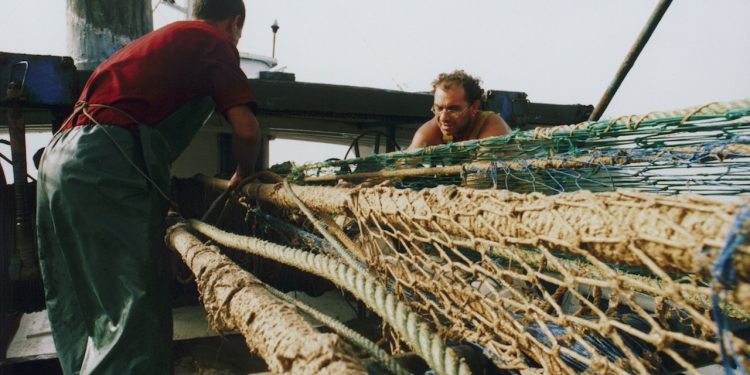During the meeting of the Social Dialogue Committee for Sea Fisheries this week, the Social Partners – ETF, Europêche and Copa-Cogeca – adopted a joint resolution on the situation of fisheries in the Mediterranean.
The industry’s representatives took the the opportunity to call upon the European Commission to propose balanced measures that secure a future for fishermen, coastal communities and fishing resources alike in the Mediterranean.
The social partners have also sharply criticised the Directorate-General on Maritime Affairs and Fisheries (DG MARE) for failing to have any of its officials present at this meeting, which focused on the issues facing fisheries in the Mediterranean.
ETF, Europêche and Copa-Cogeca stressed that their committee is a key part of the democratic legislative process, enshrined in the EU Treaty, and that this cannot be overlooked. The Social Partners are asking for fisheries policies based on proper socio-economic impact assessments and for fisheries management measures that the industry can cope with.
‘We want to have a thriving Mediterranean fishing sector that is sustainable from an environmental point of view. But at the same time, we want the industry also to be capable of offering quality jobs to Europeans citizens and long-term economic perspective to companies,’ said ETF Fisheries Section Chair Juan Manuel Trujillo, who warned that under no circumstances do the social partners ‘want to end up in a situation where the consumption of fishing products in the EU is delegated to imports of products of doubtful origin.’
At the meeting the Social Partners also stressed the need to wait for the results of scientific evaluations measuring the effects of the restrictions introduced in 2019-2021 to adjust fishing effort before proposing further reductions that would only make the sector to suffer further.
‘Aware of the delicate situation in the Mediterranean Sea, the fishing sector is already taking its responsibility, reducing its activity at sea, which is benefiting the recovery of fish stocks as reported by scientific data,’ said Europêche’s spokesperson in the European social dialogue, Ment van der Zwan.
‘Yet, the obstinate application of the multiannual management plan on the Western Mediterranean, which has already reduced trawler fishing activity by 17.5% over the past two years (23.5% in 2022) accompanied by new measures restricting fishing operations, is driving most businesses below their breakeven point. The situation is untenable, we are destroying our own coastal communities, our culture, our heritage, to reach short-term unrealistic EU policy objectives.’









